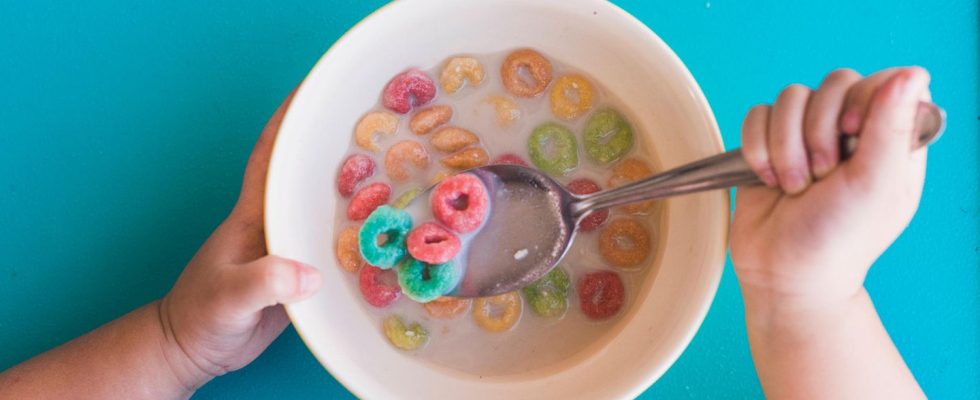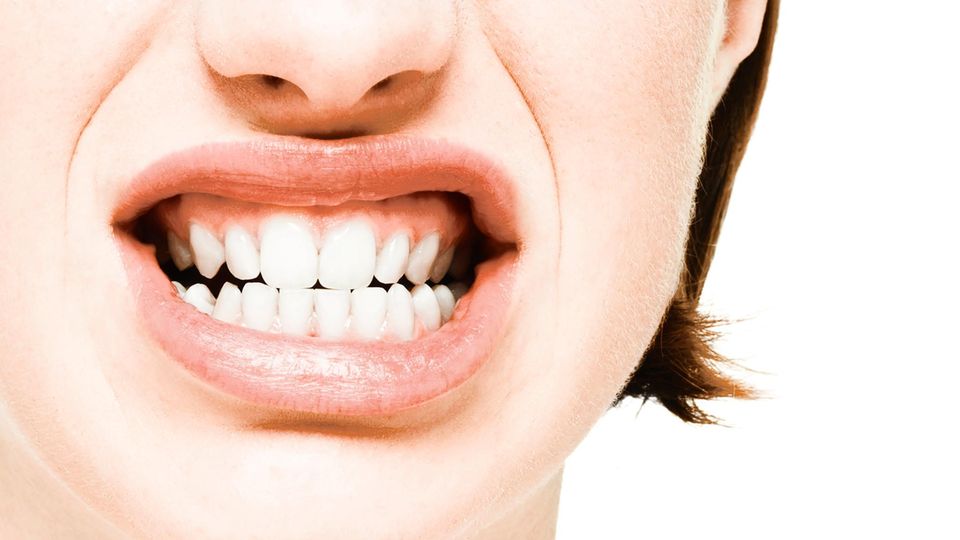Kellogg’s, Nestlé and Co
The “Frostie” tiger roared: Warentest checks cereals for children and gets a sugar shock
According to product tests, fruit loops are among the sugar bombs.
Many families have frosties, smacks, fruit loops and the like for breakfast. After all, cereals are considered healthy. Stiftung Warentest has nibbled its way through the range and can only recommend 24 of 110 products. Two market sizes also failed the test.
Encouraging kids to eat breakfast can become a farce in the morning. Often the little ones are still tired and whiny and so are the parents. Before you end up arguing about the bread topping, a scoop of muesli or other cereals should end up in the bowl, milk on top, done. The little ones are happy, it tastes good. In addition, the funny cartoon characters on the pack ensure a good mood at the breakfast table. A win-win situation, one might say. After all, muesli and cereals can’t be that unhealthy, can they? Wrong thought, dear parents. Warentest looked into the boxes and got the sugar shock.
Sugar and fat are a problem that affects even children. In Germany, 15 percent of all children and young people are considered overweight. Politicians have therefore been trying to counteract this for some time. Unhealthy products for kids should no longer be allowed to be advertised unquestioningly and the World Health Organization has lowered the guidelines for the amount of sugar and fat in food for children. But as it turns out, most manufacturers of breakfast cereals and mueslis don’t give a fuck about these specifications.
Breakfast cereals: Only every fifth product is recommended
86 out of 110 products tested broke the guideline of 12.5 grams of sugar and 17 grams of fat per 100 grams. According to product testers, only 24 contain “a reasonable amount of sugar”. The biggest sugar bombs are, of all things, two from market size Kellogg’s. The check revealed that one third (!) of Frosties and Smacks consist of sugar. Greetings from caries. Whether with cinnamon, chocolate or as a fruit loop – Warentest cannot recommend most other cereals in comparison due to the sugar and/or fat content.
Just about a fifth of the tested products pass the test. All products recommended by Warentest are of organic quality. This includes only cereals that are specially designated for small children and muesli. How healthy the breakfast products are cannot be seen from the price. The most expensive of the “not recommended” cereals costs 5.80 euros. The two cheapest recommended mueslis, on the other hand, are available for less than one euro.
Not just cute
Seven hearty recipes with oatmeal – not just for breakfast
While many products from big names like Kellogg’s, Nestlé and Denns Biomarkt look bad in the test, Lidl’s discount organic crunchy muesli, “Crownfield” (66 cents), is not only cheap, it is also one of the healthiest. Even cheaper and also recommended by Warentest is the “Children’s Knusper Muesli” from dmBio. That’s already available for 57 cents.



